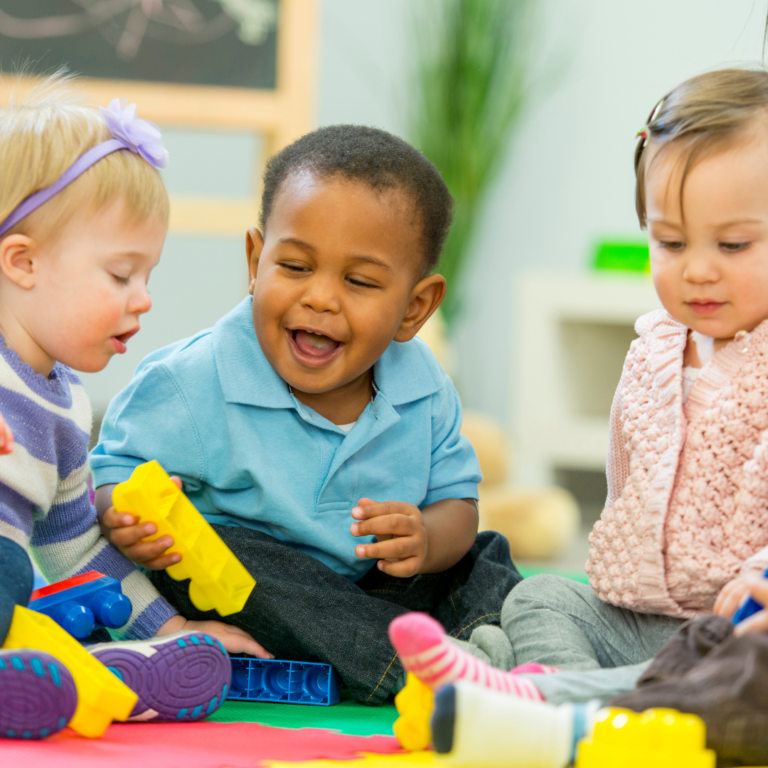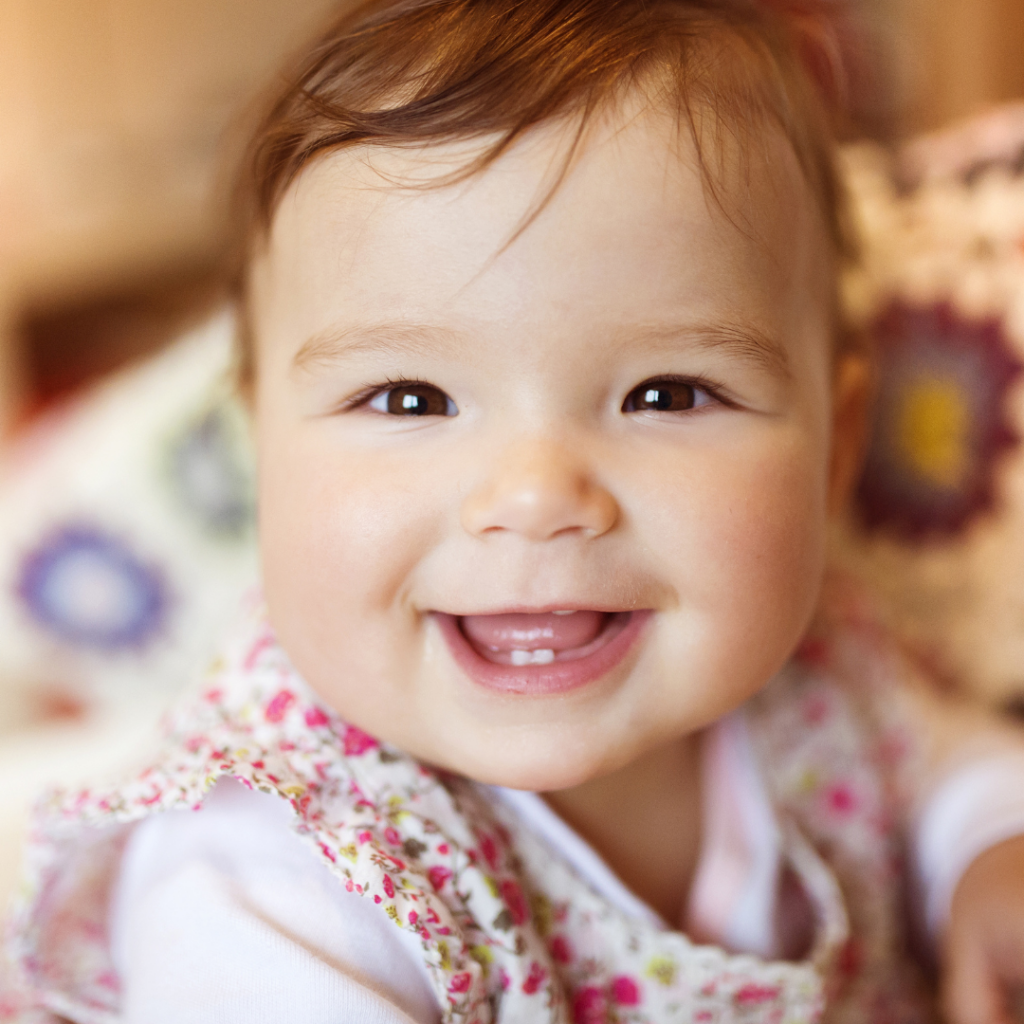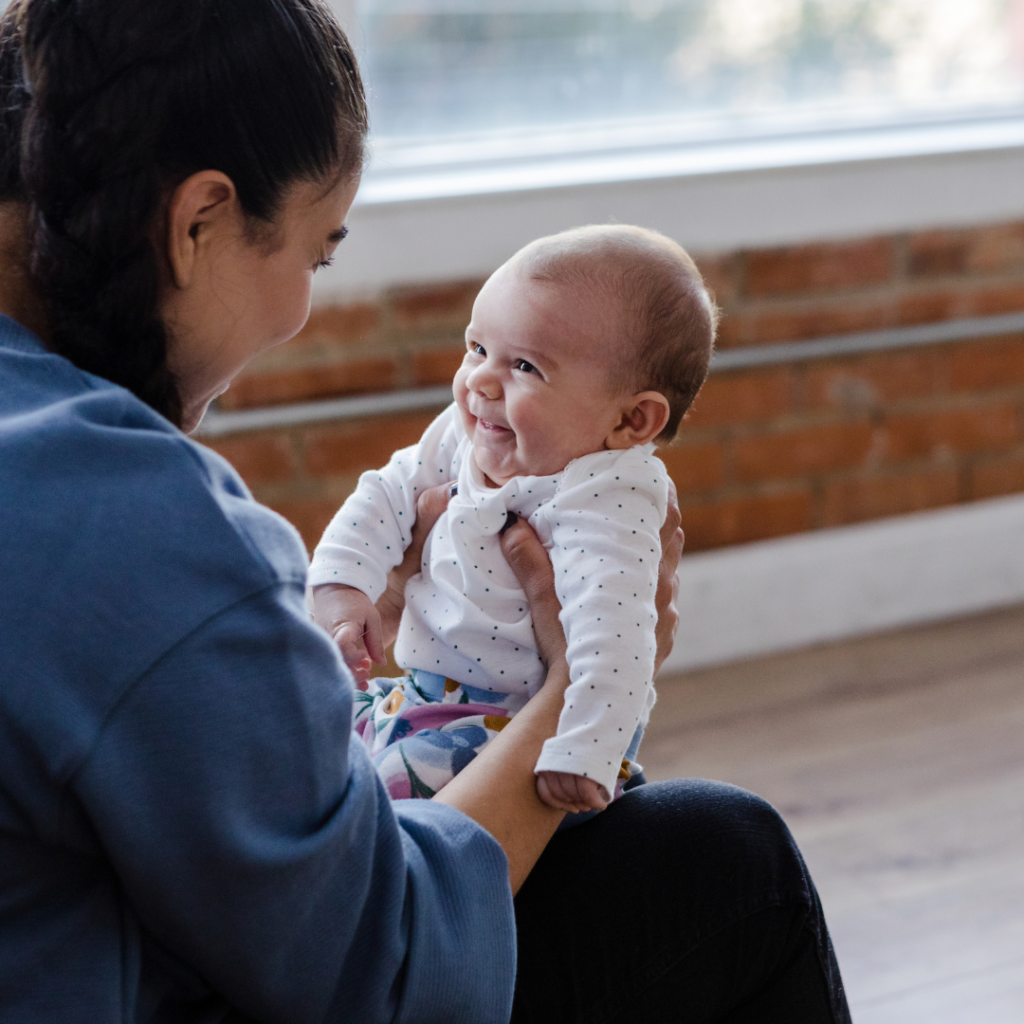Working hours
Mon - Fri: 8am to 5pm
Mon - Fri: 8am to 5pm
Share

The human brain is an amazing organ. Research into how the brain works is very new. Thanks to new technologies we are continually learning more and more about it and that knowledge can be transformational to our nursery practice.
The brain contains over 100 billion neurons, each of which can connect to over 7,000 other neurons. (Neurons are the fundamental building blocks that enable the brain to receive, process, and respond to information.) This level of interconnectivity far outpaces even the most advanced computers in terms of sheer complexity.

By the age of 3, a child’s brain is already 90% developed but it is not fully wired and connected until around 25 years of age. However, the foundations for every aspect of the brains later development is laid down in the first 1000 days of life. That is the time before a child is 2 years old – the baby room years.
This rapid early brain development in the first few years of life is a critical window where positive experiences and stimulation can have a profound impact on a child’s cognitive, social, and emotional capacities as well as their health and mental health.
The experiences we provide during that window shape how those billions of connections are made and strengthened and that has implications for the child’s life outcomes.
Amazingly, a child’s development at 22 months old is an excellent predictor of their academic outcomes at 26 years! What we do in the earliest days in our setting literally lasts a lifetime!
When the new Statutory Guidance landed in January, it opened with the statement: “Providers must work in partnership with parents and carers, to promote the learning and development of all children in their care and ensure their entire early years’ experience contributes positively to their brain development and readiness for Key Stage 1.”

Those words make brain development a priority we must emphasize throughout a child’s time with us. Equally important is collaborating hand-in-hand with families. And we are asked to use the entire early years period. The question is, are we truly nailing these mandates daily?
A wide range of research shows that the way parents interact with their babies predicts children’s later development. Research shows the tiny daily interactions with nurturing parents and caregivers build babies’ brain architecture. Every silly song, loving response, playful communication reinforces vital neural pathways that can last a lifetime.
In our modern context, many parents lack generational support in learning to parent. We may be the first consistent professional and quite possibly the only child development experts they encounter as a new parent. Therefore, our role nurturing babies, supporting their caregivers and sharing our knowledge becomes vital.
When families feel emotionally supported and knowledge-empowered, they create an environment primed for optimal brain construction at home. Our nurturing practices in the baby room then supplement that strong familial foundation setting the child up for success for life.

Babies crave stimulation from play to fuel neural growth. But that play must align precisely with their developmental stage. Get it right, and those experiences enable exploring, testing, refining and ultimately mastering emerging skills.
To facilitate this, our staff must:
– Deeply understand developmental progressions
– Recognise each child’s individual needs
– Account for cultural/community contexts
– Plan learning experiences intentionally
– Utilise effective scaffolding strategies
– Continuously evolve practices as new brain research emerges
– Be able to share this information confidently with parents each day
By closely observing children’s skills and interests, then using singing, storytelling, movement and other activities with those interests and developmental needs in mind, we build a child’s individual competencies across cognitive, physical, social-emotional, and creative domains.
Our role is resisting the urge to rush in with help. Instead, we need to construct an environment where children can grapple with challenges through targeted, developmentally appropriate play, strengthening those neural connections organically and further the learning through our knowledge-based guidance and support
But so much of a baby’s early learning happens at home, if a child starts in your setting at 9 months old, they have already had 18 months of the critical 33 months of the first 1000 days before they even start with you.
This makes developing strong supportive partnerships with parents essential. When parents understand the power behind something as basic as a silly song, they’ll engage with more consistency and intention.
The Oliiki app is an excellent, evidence-based resource to support baby brain development for both nursery and home use. It provides a massive bank of age-appropriate play activities mapped to the Early Years Foundation Stage and Development Matters documents and explains the science and research behind the learning and development offered by the activity.
By equipping families and staff with this knowledge, we enable them to understand their impact and the importance of the activity for the child’s development. This helps us maximize the entire early years’ experience for optimal brain and neural construction.
Setting a child up for success from conception onwards, enables us to have children in our settings who can access all the fabulous learning opportunities we offer because they are developmentally ready and primed for learning.
Getting it right early, supporting development early, literally changes a child’s educational trajectory and life! Your impact in the baby room on a child’s life is deeply profound!
Get it right, (and Oliiki will support you to do that easily), we can ensure our baby rooms optimise brain development and family partnerships daily, giving every child the strongest possible foundation to thrive.
With the ever-changing regulations and guidance, sign up to our monthly newsletter and mailings to stay current and keep up to date with running your childcare setting.
Simply enter your details below to join our mailing list.
By completing this form you are agreeing to our privacy policy You can unsubscribe at any time
